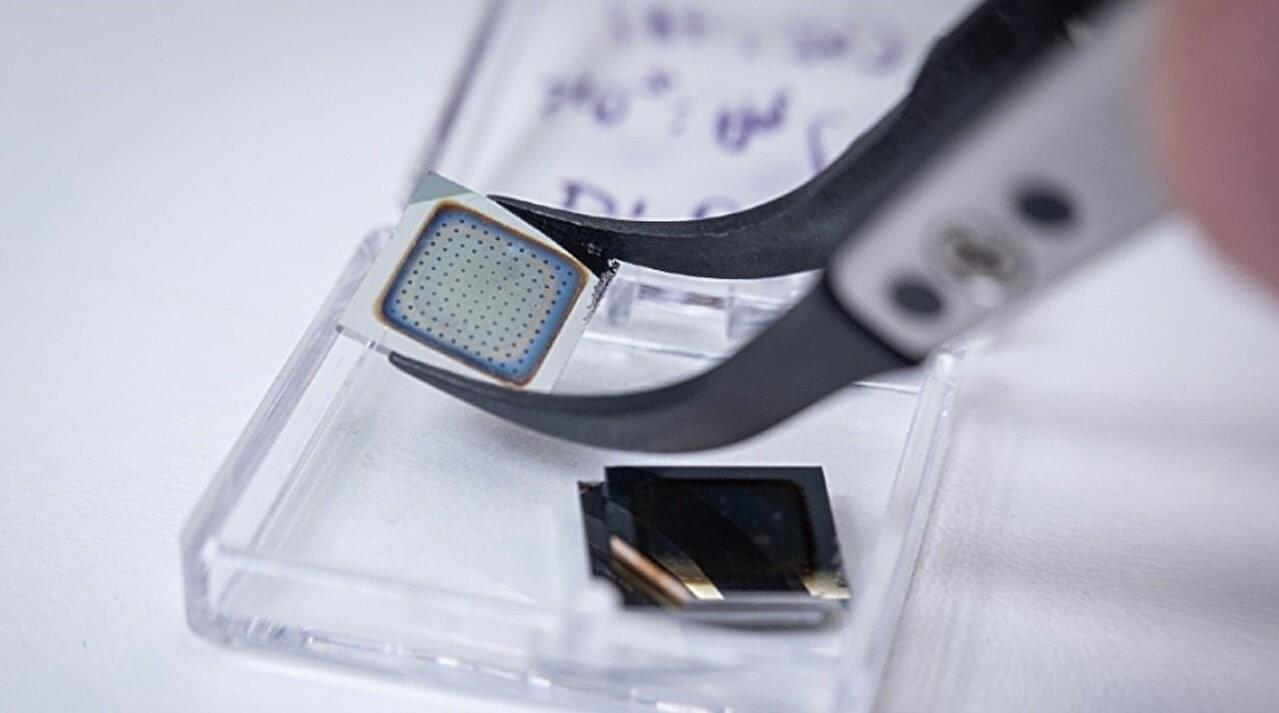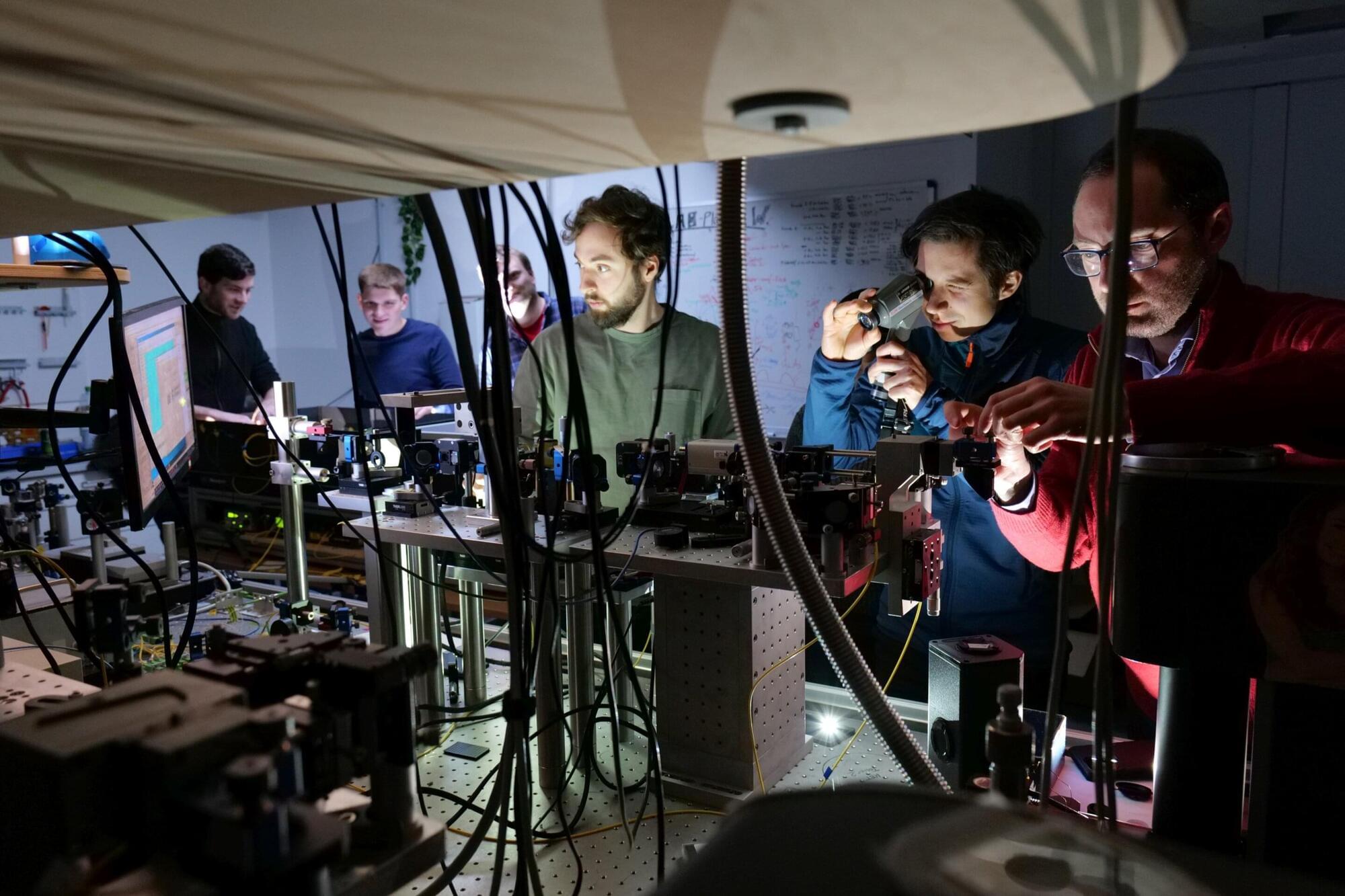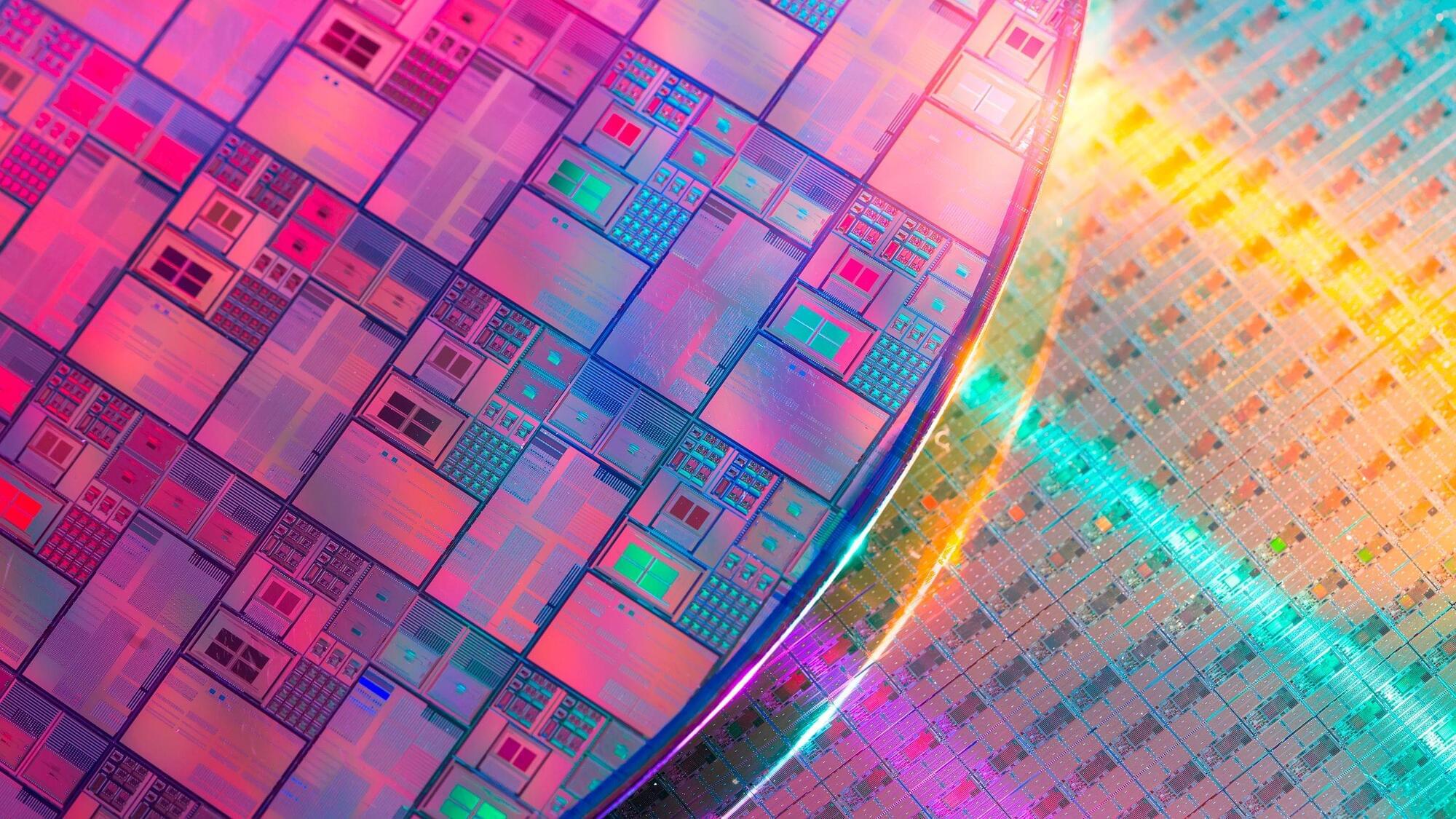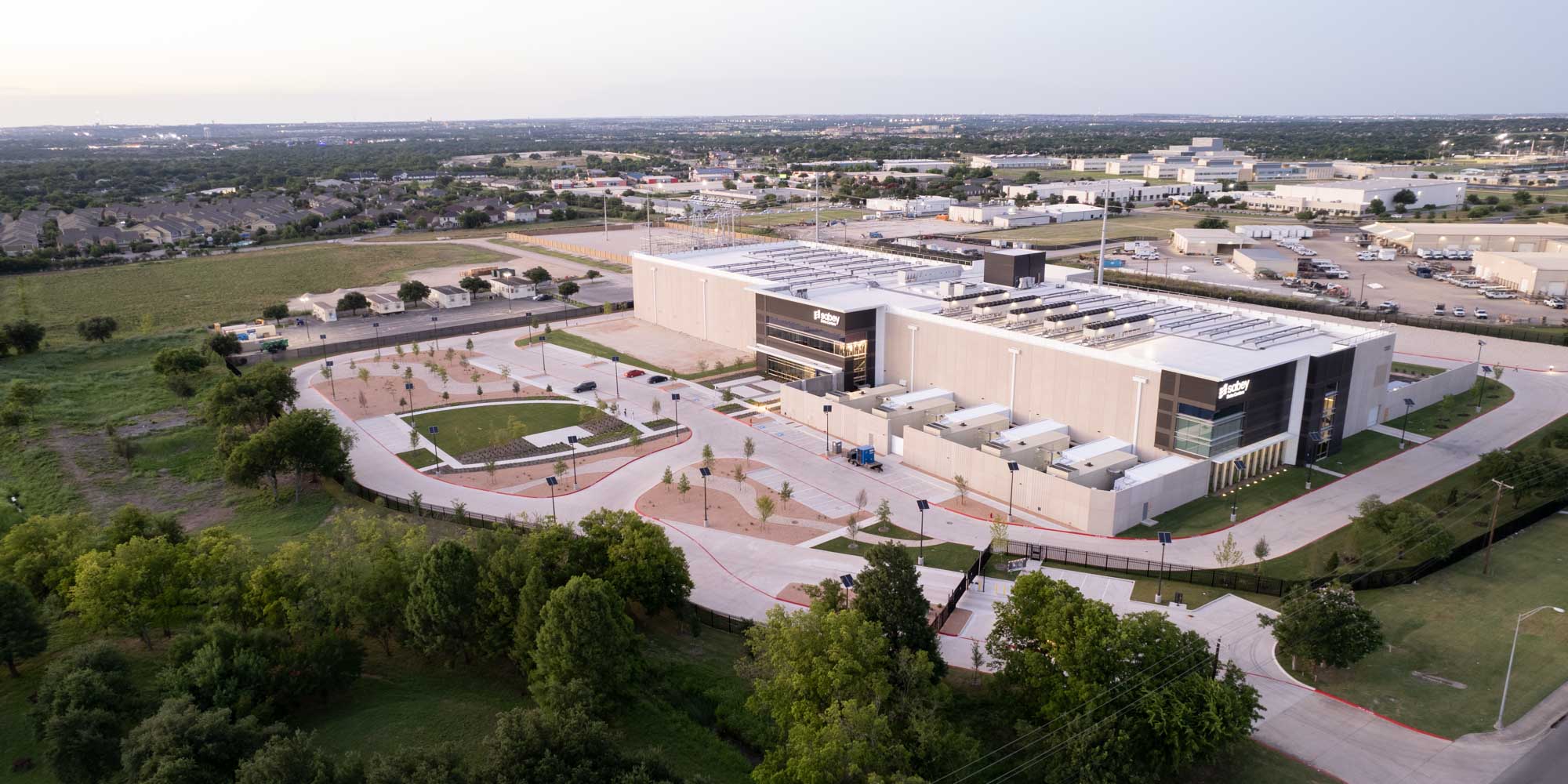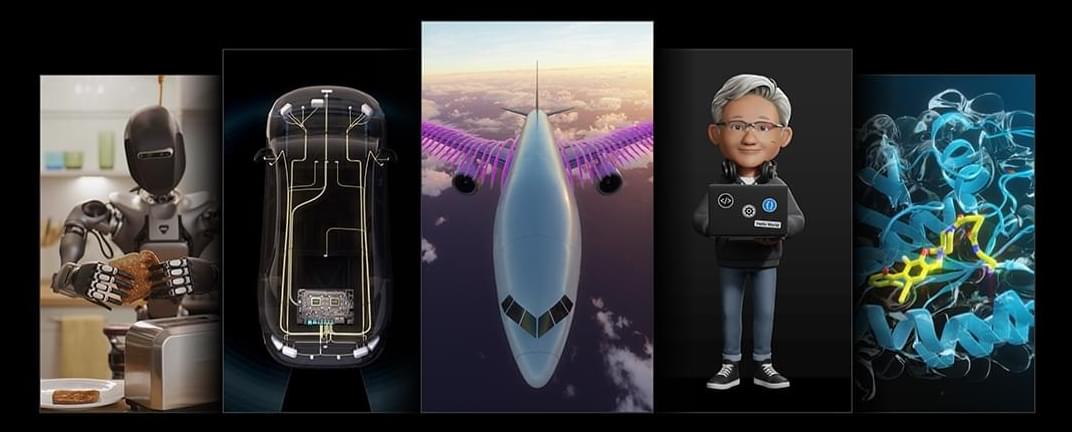Amid the private sector’s race to lead artificial intelligence innovation, The University of Texas at Austin has strengthened its lead in academic computing power and dominance in computing power for public, open-source AI. UT has acquired high-performance Dell PowerEdge servers and NVIDIA AI infrastructure powered by more than 4,000 NVIDIA Blackwell architecture graphic processing units (GPUs), the most powerful GPUs in production to date.
The new infrastructure is a game-changer for the University, expanding its research and development capabilities in agentic and generative AI while opening the door to more society-changing discoveries that support America’s technological dominance. The NVIDIA GB200 systems and NVIDIA Vera CPU servers will be installed as part of Horizon, the largest academic supercomputer in the nation, which goes online next year at UT’s Texas Advanced Computing Center (TACC). The National Science Foundation (NSF) is funding Horizon through its Leadership Class Computing Facility program to revolutionize U.S. computational research.
UT has the most AI computing power in academia. In total, the University has amassed more than 5,000 advanced NVIDIA GPUs across its academic and research facilities. The University has the computing power to produce open-source large language models — which power most modern AI applications — that rival any other public institution. Open-source computing is nonproprietary and serves as the backbone for publicly driven research. Unlike private sector models, it can be fine-tuned to support research in the public interest, producing discoveries that offer profound benefits to society in such areas as health care, drug development, materials and national security.
